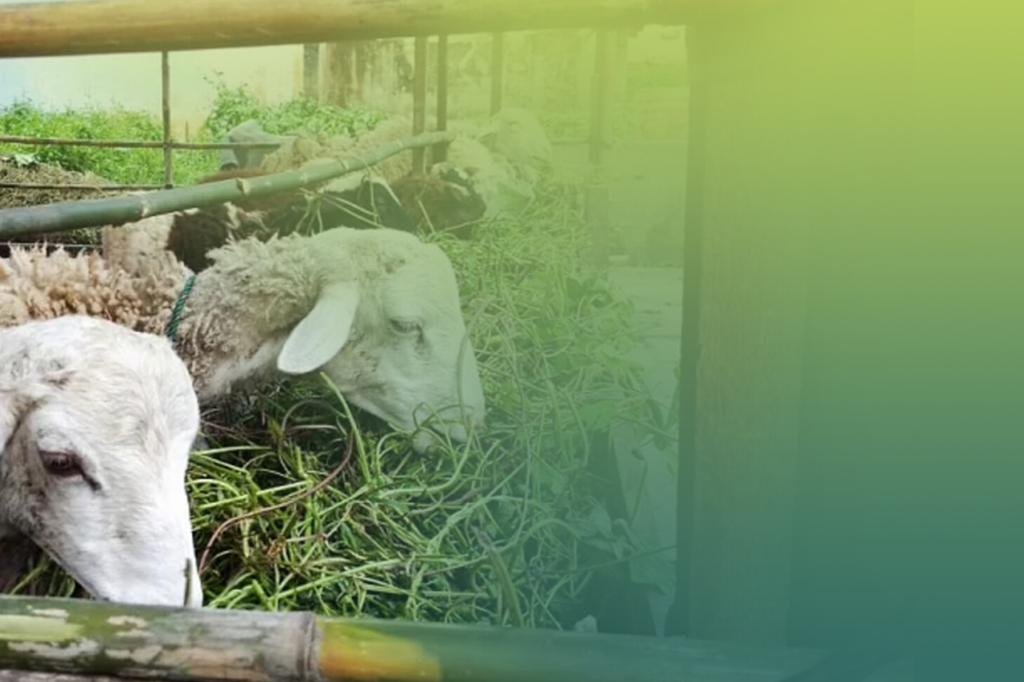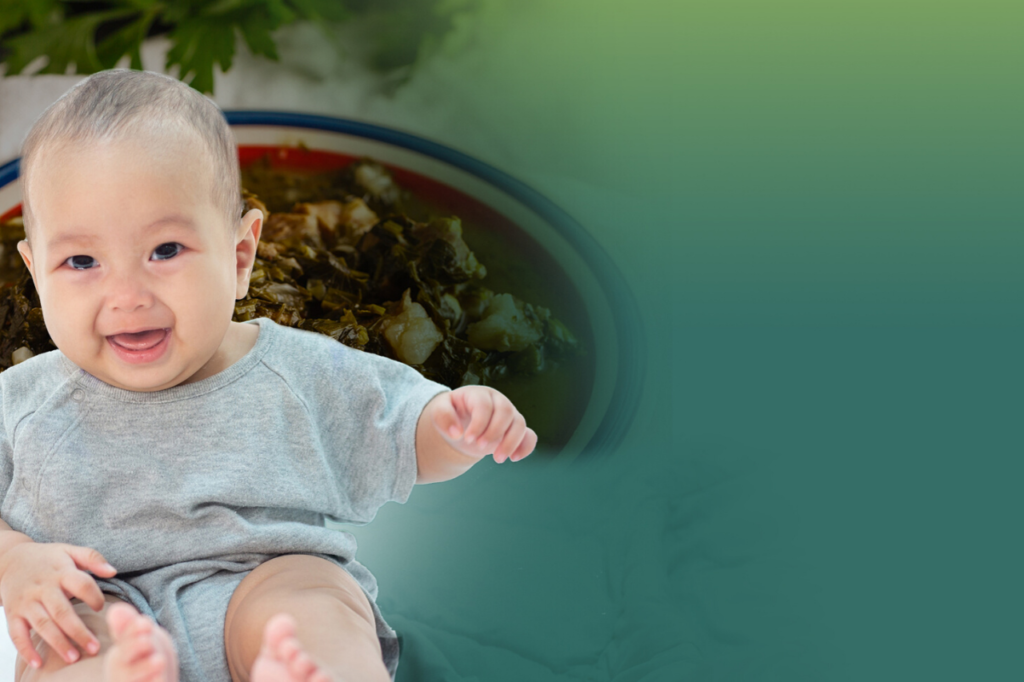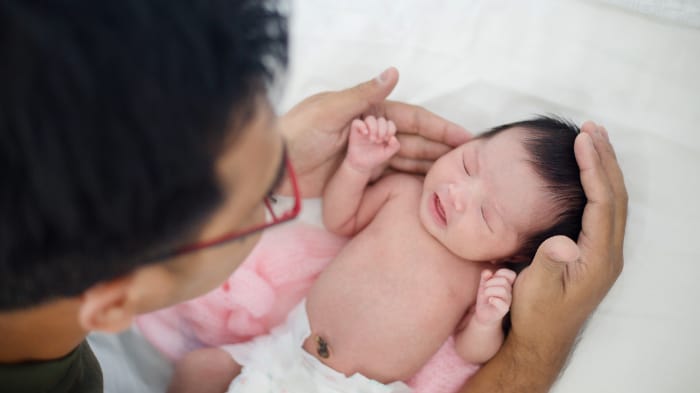When exactly is a good time to do aqiqah? There are still many questions related to aqiqah that are postponed and not done after the second newborn. There are also questions related to aqiqah which is done after a person has grown up or grown up, and is done by oneself. Is that allowed, which is the most correct? Find the answer through the following review.
The Right Time to Do Aqiqah
Jumhur ulama agreed that the law of aqiqah is sunah muakadah or sunah of the prophet which is highly recommended. With the enactment of the aqiqah law, some scholars agree that capable Muslims are obliged to carry out aqiqah.
Also Read: Pengertian Kurban dan Aqiqah yang Wajib Umat Islam Ketahui
Meanwhile, for parents who are truly incapable and feel aqiqah will burden them, there is no sanction from Allah Swt if they do not do so. Because Islamic sharia is to make it easier for humans, not to make it difficult. As Allah Swt has said in the Quran surah Al-Baqarah and Al-Hajj:
“… God wants ease for you, and wills no hardship for you…” (QS. Al-Baqarah: 185)
“…He never makes for you in religious narrowness …” (QS. Al-Hajj: 78)

Hadith and Sunnah of the Prophet About Aqiqah
Aqiqah comes from the Arabic word “al-aqiqah”. The word means hair that grows on the top of a baby’s head from when it is in the mother’s belly until the first time the baby is born into the world. Meanwhile, the meaning of aqiqah is to slaughter animals for the birth of a son or daughter on the seventh day they live in the world or the 14th day or the 21st day and also shave their hair and give the baby a name. Not much different, scholars also state that the word aqiqah is etymologically the hair of the baby’s head that grows since he is born.
The guidance to carry out aqiqah is contained in one of the hadiths of the Prophet Muhammad Saw which reads:
“From the companions of the Prophet, Samurah bin Jundub radhiyallahu’ anhu; “And the Apostle Saw said: “A baby child is pawned with his aqiqah. The aqiqah was slaughtered on the seventh day, named, and shaved his head”.” (Shahih, HR Abu Dawud 2838, Tirmidzi 1552, Nasai 7/166, Ibn Majah 3165)
Also Read: 5 Fakta Jangan Takut Berkurban Melalui Dompet Dhuafa
The hadith is then supported by the statement of Fatimah Az-Zahra, the daughter of the Messenger of Allah, when she gave birth to her son, Hasan. At that time, Fatimah shaved her son’s hair according to the father’s orders, and she gave silver alms with a weight according to the weight of the baby’s shaved hair.
“The Messenger of Allah said; “Shave your hair and give alms with silver to the poor as heavy as the scales of his hair.”” (HR. Ahmad: 6/390)

Aqiqah as an Adult (Balig)
Based on the previous hadith of Prophet Saw, it can be concluded that aqiqah is only performed at one time—and there is no other time—namely on the 7th day or the 14th or 21st day of his birth.
However, several tabiin or generations in the period or generations after the Prophet Muhammad SAW mentioned that aqiqah can be done when a person is an adult, it can even be done by himself, not his parents. The opinion comes from ‘Atha’, Al-Hasan Al-Bashir, and Ibn Sirin, as well as Imam Shafi’i, Imam Al-Qaffal Asy-Shasyi (Shafi’i School) as well as the history of Imam Ahmad which says that: “A person who is aqiqah yet as a child, then may do his own when he grows up.”
It is thought that they hold to the hadith of Anas which reads: “The Messenger of Allah gave himself a blessing after he was appointed as the Prophet, that is, after the descent of the letter of Al-Baqarah.” Dhaif mungkar, HR Abdur Razaq and Abu Shaikh of Ibn Qatadah of Anas)
But in reality, the hadith is a dhaif or invalid hadith. Thus, there is no strong postulate regarding aqiqah in adulthood and is carried out by oneself.
On the other hand, Imam Shafi’i also argued that a person already a balig no longer needs to aqiqah himself. Quoting the book “Risalah Aqiqah”, it goes back to the law of aqiqah where the sunnah lies on the part of the parent or guardian who bears it, where its implementation is closely related to the procession of shaving hair and naming babies.
They say that aqiqah is hinted at by the parents, so it does not need to be performed by the child after he reaches the age of balig. They also say that the hadith upon which the first opinion relies is invalid. Wallahua’lam..
Also Read: Kurban dan Aqiqah, Mana yang Lebih Utama?



